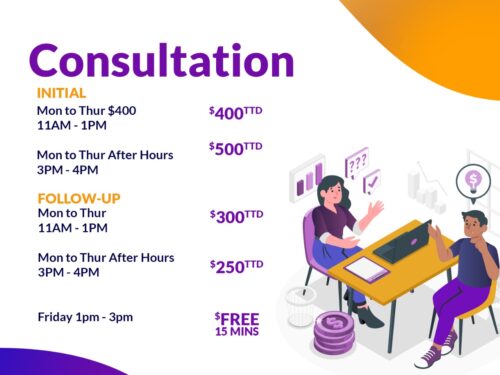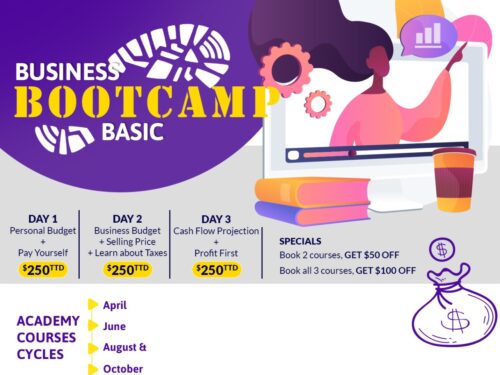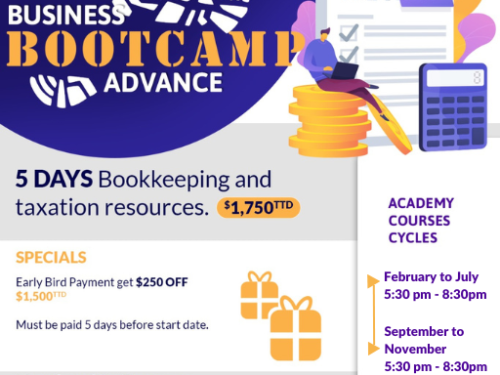Making and using a budget is important for everyone. It is not just for those who need to closely monitor their cash from month to month because “money is tight”. It is also for people who earn enough income to cover their bills and have a little extra. For the latter, having a budget help you save towards investments such as university and retirement and major purchases such as a new car or a house.
Now if your monthly expenses typically eat up the majority of your income your budget should focus on identifying and catergorising all the expenses that occur each month, quarter and year. Doing so will allow you to see when you should put sufficient money aside for those irregular necessary expenditures (such as home and/or car insurance premiums). These monthly categories include – rent, transportation, utilities and groceries.
For the person whose cash flow is tight identifying expenses that could be reduced or cut (such as entertainment and shopping), as well as minimizing any interest being paid on credit cards, loans or hire purchases agreements. Interest costs eat away at spending money, and sometimes these costs can be minimized by determining a spending outline that takes the whole year into account. For instance, creating a regularly-funded “Christmas Account” could keep the credit card bills from spiking come December because there would be available cash on-hand. If you know you have to purchase a new appliance every Christmas, why not set aside a small amount every month so that your down payment is greater thereby reducing your monthly hire purchase payments.
There’s also an inevitable psychological effect from creating a budget and laying all your expenses “on the table”. Small purchases can and do add up, and many people find that just by looking at the total figures for ad hoc and impulse spending, they are spurred to change their patterns and reduce excessive spending. Also, having a budget laid out in which all the anticipated expenses for the year are accounted for can be very satisfying – and can remove a large weight off your mind and shoulders.
Some practical steps for every day budgeting – Always remember the small amounts add up…
- Open a separate account for savings and set up a standing order from your regular account to this account. You can start with $50 per month (2 boxes of KFC) and after 6 months up it to $100. Increase the amount regularly. Cut up the bank card immediately as this will limit your access to the account or give it to someone to keep.
- Items that you use every day should be bought in bulk:
- Toilet paper
- Dishwashing liquid
- Soap (both bath and washing)
- Chicken by the case
- Flour
- Fabric softener
- Milk
- Now this is not that hard to do. Just put aside $100 each month to purchase an item. Calculate how long each item will last so you can plan your purchases – how many bars of soap you use each week, rolls of toilet paper etc.
- To avoid wastage, repackage into smaller containers for example rather than pour the dishwashing liquid from the litre bottle, pour into a smaller bottle and use from this. Refill as needed. The same goes for powdered soap.
- When vegetables are cheap purchase in bulk and freeze – pumpkin, bodi, cassava, pimentos etc. When buying other vegetables such as tomatoes and sweet peppers average what you will need for a 2-week period to minimize spoilage.
- Plant some food. No space you say. How about pots in the gallery? Along the driveway? On the walkway around the house? Some suggestions – tomatoes, melongene, pimentos can be grown in pigtail buckets (check your supermarket) or large pots. Celery, thyme, chive in small paint buckets or small pots. Lettuce and pakchoi can be grown in troughs. Trust me it’s easier than you think and so satisfying to eat what you have grown and picked yourself.
- Make a list before going to the grocery and stick to it! Average the prices of items so you will have a ballpark figure to work with. Better yet create an Excel spreadsheet with all the regular (and non-regular items such as dog food) that you buy.
You might be wondering why we are discussing personal budgeting and saving as part of a entrepreneurship series but remember personal habits roll over into your business ethic. Also banks will look at your personal finances before underwriting a business loan.
Be sure to join our Facebook, Instagram, Tiktok and our Website for more valuable information. Ask about our Business Bootcamp Basic and Advance Courses, Business Startup Kit, Retainer Package, Year End Retainer Package , Business Bank Account or learn how manage your finance with our Prerecorded and Live Courses. Book a FREE 15 mins CONSULTATION on Fridays from 1pm to 3 pm.
“A wealthy person is simply someone who has learned how to make money when they’re not working.” – Robert Kiyosaki









